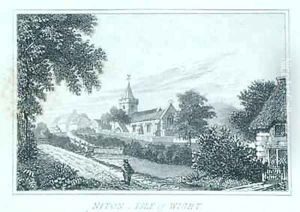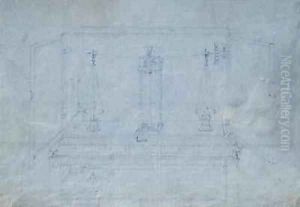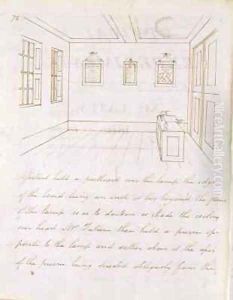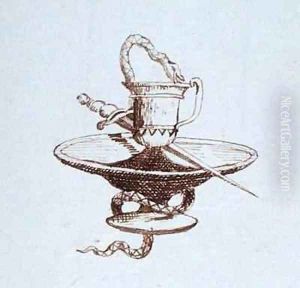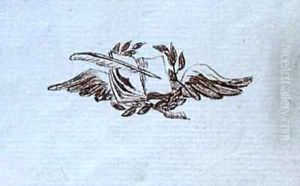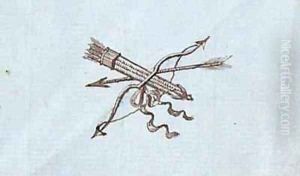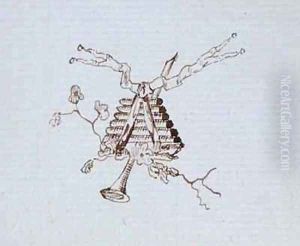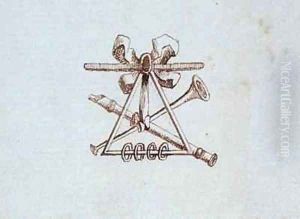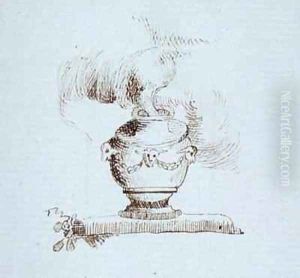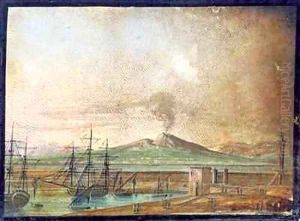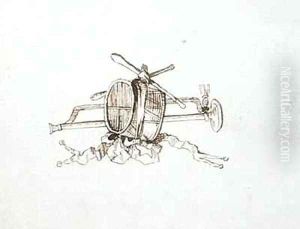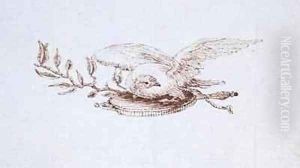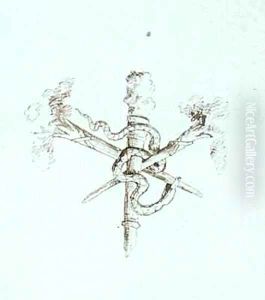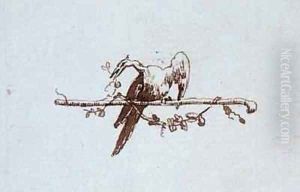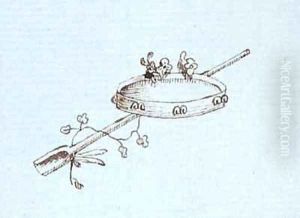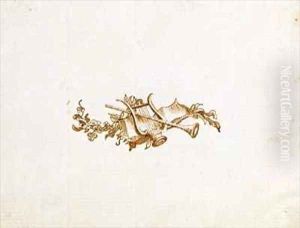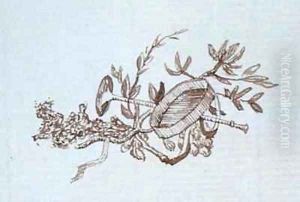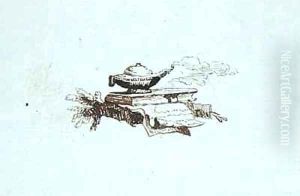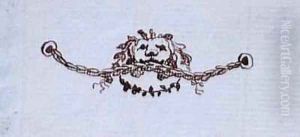Michael Faraday Paintings
Michael Faraday was not only a prominent scientist known for his contributions to the field of electromagnetism and electrochemistry but also had significant influence on the understanding of electro-magnetic rotation, diamagnetism, and electrolysis. Born on September 22, 1791, in Newington Butts, England, Faraday came from a humble background. His family was not well-off, and Faraday received only a basic education. At the age of 14, he became an apprentice to a bookbinder, which gave him the opportunity to read books on a wide range of subjects, including science, igniting his passion for learning and experimentation.
Despite his lack of formal education, Faraday's curiosity and intelligence caught the attention of Sir Humphry Davy, a renowned chemist at the Royal Institution of Great Britain. In 1813, after attending lectures by Davy and sending him a bound volume of notes, Faraday was appointed as a chemical assistant at the Royal Institution. This marked the beginning of his scientific career. Over the years, Faraday made numerous groundbreaking discoveries, including the principles underlying electromagnetic induction, diamagnetism, and the laws of electrolysis. His inventions of electromagnetic rotary devices formed the foundation of electric motor technology.
Faraday's work on the magnetic field around a conductor carrying a direct current established the basis for the concept of the electromagnetic field in physics. His research led to the invention of the electric motor, transformer, and generator—principles that are crucial to the modern world's reliance on electricity. Despite his immense contributions to science, Faraday remained a humble and deeply religious person. He rejected knighthood and twice refused the presidency of the Royal Society.
Towards the end of his career, Faraday's scientific work was hampered by declining health. He lived the last years of his life in a house provided by the Crown, at Hampton Court, as a reward for his contributions to science. Michael Faraday passed away on August 25, 1867, leaving behind a legacy as one of the most influential scientists in history. His life's work laid the foundations for many aspects of modern technology and his principles of electricity and magnetism are still taught in classrooms around the world today.
